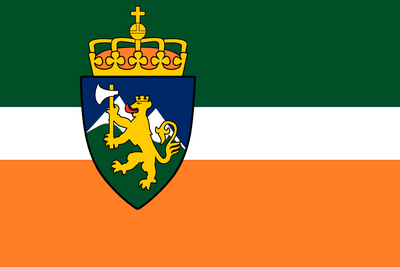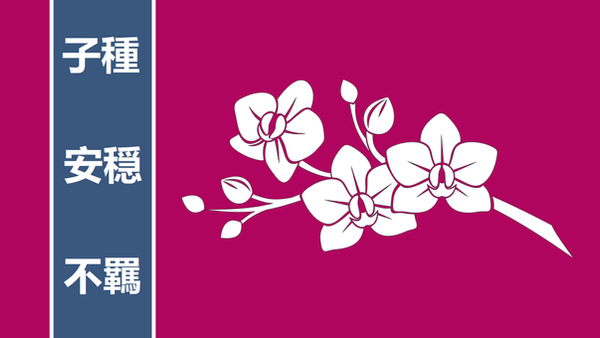a) Time on Nationstates: 1 decade
b) Previous regions:
- Tyrrhennia
- Cornellian Empire
- Tyran (Current, with alt)
- Ajax (I'm already here)
- Arkoenn
- Allamunnika (Tyran)
IC National information
a) Nation's IC name: Federation of Allamunnic States
b) Nation's IC population: approx. 85 million
c) Nation's IC GDP per capita: approx. USD$18,000
d) Nation's type of government: Federal Semi-Democratic Presidential Republic
e) Nation's head of state: Director-General Stevan Grimmeburger
f) Nation's head of gov’t (if applicable): See Head of State
IC National information
a) Brief description of your nation: A larger, Germanic/English hybrid nation. Pretty egalitarian and progressive, although it's obviously got its share of issues. Has something of a siege mentality due to a large, militarized next-door neighbor.
b) What languages are spoken in your nation?: Allamunnic (which is basically English, for all intents and purposes)
c) What ethnic groups are present in your nation?: Allamunnae (which tend to be Anglo-Germanic, although a more Celtic-influenced sub-group exists).
d) What are the major religions among your population?: Honorian Christianity (bears a similar relationship to Catholicism as Episcopelianism does), Jormundean Christianity (which is a weird, non-monotheistic Christianity), and indigenous paganism (inspired by Norse polytheism) exists.
e) What role do you see your nation fulfilling within the region?: I seem to occupy a RoK/DPRK-type dynamic with Rietumimark, at present, but also a member of NATA.
f) Briefly describe your nation’s military (including size, role, branches, etc.): The Allamunnic Federal Defense Service is on the larger side, integrating the Federal Army (the dominant branch in size, budget, and political influence), the Federal Navy, Federal Air Corps, and Federal Guard Service (which is a hybrid national guard/army reserve/gendarmerie), with a budget that takes up about 4-5% of the country's GDP, and, manpowerwise, can push up a little past 1% of the nation's population during emergencies (but is probably about half that size in peacetime).
g) Critically discuss the strengths of your nation (esp. military & economic) and how they may affect existing regional power structures:
The Federation is probably at least moderately within the ranks of significant military powers (although it can't project abroad worth a damn), and it's a reasonably active industrial nation with a fairly high population. It has a tradition of large-scale steel-making, and its government is reasonably efficient, if not the most democratic out there. It should fit nicely within the NATA bloc.
h)If asked to reduce the strength of your nation, how would you do so?
I'd fight you.
But actually, probably knock either the population or GDP down a little bit more. I'm pretty flexible on stuff.
IC Geographical/resource
General lists, we don't expect you to know all the details before joining and getting a map place.
a) What does your nation excel in exporting:
Steel, other construction materials (concrete, cement, mortar, nails, wood, cinderblock), probably does alright on food (probably plenty of potatoes, chicken, apples, maybe beef, definitely milk), and beer.
b) What does your nation need to import?:
Luxuries, warm-weather crops, rare earth elements, probably other assorted minerals, high-technology products. Probably stuff I'm forgetting.
c) What is your country self sufficient on?:
Most of the stuff we export. The country can *probably* feed itself, if necessary, for at least some period of time. Probably okay on electricity (provided nuclear power is kosher).
d) What is your preferred location on the regional map?
Already got a spot.
Regional history
a) Were you recommended to Ajax?:
Already here.
6: Roleplay history
No.






 ) but it'd be moreso as, at most, Scipian power, but mostly a northeast Scipian power, seeking to counterweight Tarsas, which it will probably try to do. It will mostly seek diplomatic, not military solutions.
) but it'd be moreso as, at most, Scipian power, but mostly a northeast Scipian power, seeking to counterweight Tarsas, which it will probably try to do. It will mostly seek diplomatic, not military solutions.



